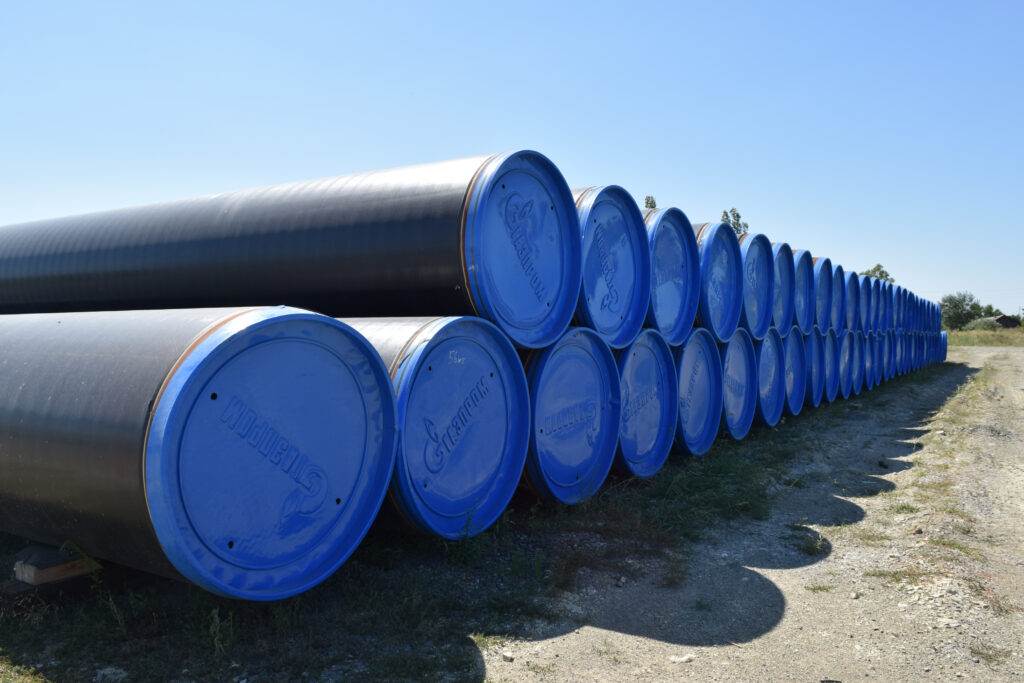As the world becomes more aware of health and safety concerns, cleanliness has become a top priority in buildings. Cleaning is not just about making a building look presentable; it also plays an essential role in maintaining good indoor air quality, reducing the spread of germs, and improving tenant satisfaction. In this article, we will discuss how building managers can work with cleaning services to ensure that their buildings are clean and well-maintained.
Introduction to the Importance of Cleaning in Buildings
Cleaning is critical for maintaining a safe and healthy environment in buildings. Dirt, dust, and debris can accumulate quickly, creating potential hazards for occupants. Poorly maintained buildings can lead to increased absenteeism among employees due to illnesses caused by contaminated surfaces or poor indoor air quality. Additionally, dirty buildings can negatively impact tenant satisfaction, leading to lower retention rates and decreased revenue. Therefore, it’s crucial for building management teams to prioritize cleaning as part of their overall maintenance strategy.
The Role of Building Management in Ensuring Cleanliness
Building managers play a vital role in ensuring that their facilities are clean and well-maintained. They must develop a comprehensive cleaning plan that outlines the frequency and scope of cleaning tasks. This includes identifying high-traffic areas that require frequent cleaning, such as lobbies and restrooms, and establishing protocols for handling spills and accidents. Additionally, they should provide training and resources for janitorial staff to ensure that they have the necessary tools and knowledge to perform their duties effectively.
Collaborating with Cleaning Services for Better Results
To achieve optimal results, building managers should collaborate closely with cleaning services. By working together, both parties can identify areas where improvements can be made and develop strategies to address them. For example, cleaning companies may recommend using specific chemicals or equipment to improve cleaning efficiency, while building managers can provide feedback on the effectiveness of cleaning procedures. Through collaboration, both parties can create a customized cleaning program that meets the unique needs of each facility.
Conclusion: Improving Tenant Satisfaction through Effective Cleaning Management
Ultimately, effective cleaning management is essential for improving tenant satisfaction. When buildings are clean and well-maintained, tenants feel valued and are more likely to renew leases or refer others to the property. Additionally, regular cleaning can help prevent costly repairs and extend the lifespan of building materials. By partnering with professional cleaning services and developing a comprehensive cleaning plan, building managers can ensure that their properties are clean, safe, and attractive to tenants.


